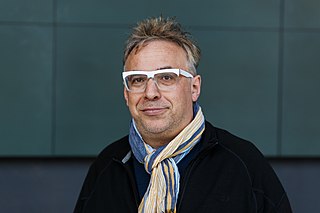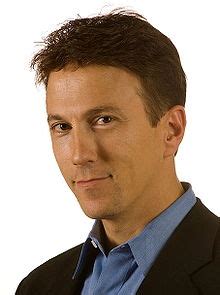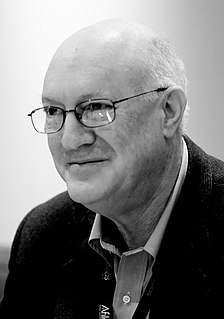A Quote by Scott Gottlieb
The convergence of information technology and biology allows scientists to translate the human genome into digital data that can accelerate diagnoses and cures.
Related Quotes
Radio astronomy reflects our fascination with how audio can be used to understand information or ideas. Just as scientists visualize data through charts and pictures, we can use 'data sonification' to translate radio signals into sound that help us better understand some of our most enigmatic planetary systems.
Data isn't information. ... Information, unlike data, is useful. While there's a gulf between data and information, there's a wide ocean between information and knowledge. What turns the gears in our brains isn't information, but ideas, inventions, and inspiration. Knowledge-not information-implies understanding. And beyond knowledge lies what we should be seeking: wisdom.
We have to remember that information sharing is restricted by legal barriers and cultural barriers and by the notion that information is power and therefore should be hoarded so if you share information you can extract something in exchange. In today's digital online world, those who don't share information will be isolated and left behind. We need the data of other countries to connect the dots.
As a Christian, but also as a scientist responsible for overseeing the Human Genome Project, one of my concerns has been the limits on applications of our understanding of the genome. Should there be limits? I think there should. I think the public has expressed their concern about ways this information might be misused.
There's always a question when you invest. Are you too early, are you too late, or are you just right? And there was a lot of hype about life sciences, around the sequencing of the human genome and a lot of people concluded that's not really there. But by the way, there was a lot of hype around the digital revolution just about the time of 2000 and the human genome, and it turns out that some of the world's biggest, most powerful companies are the survivors post that crash.




































